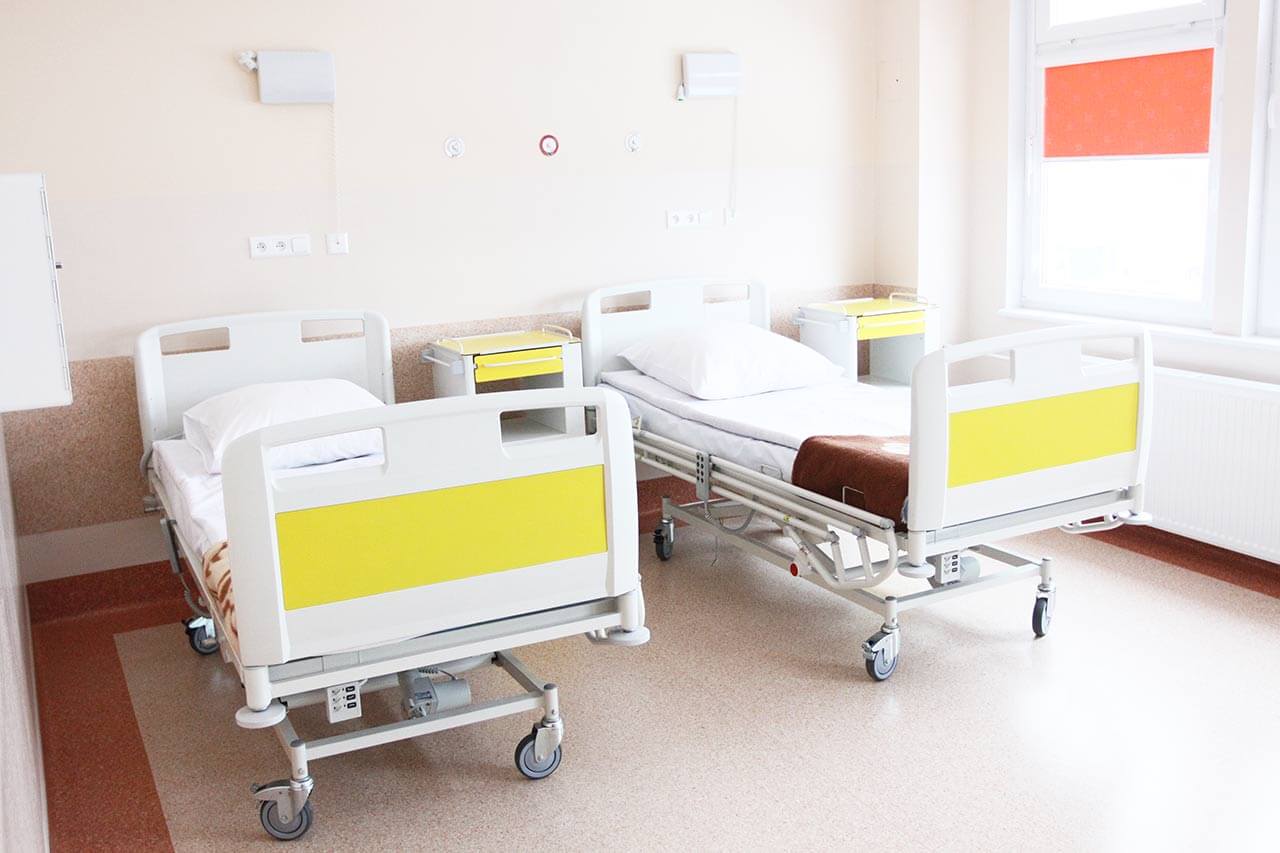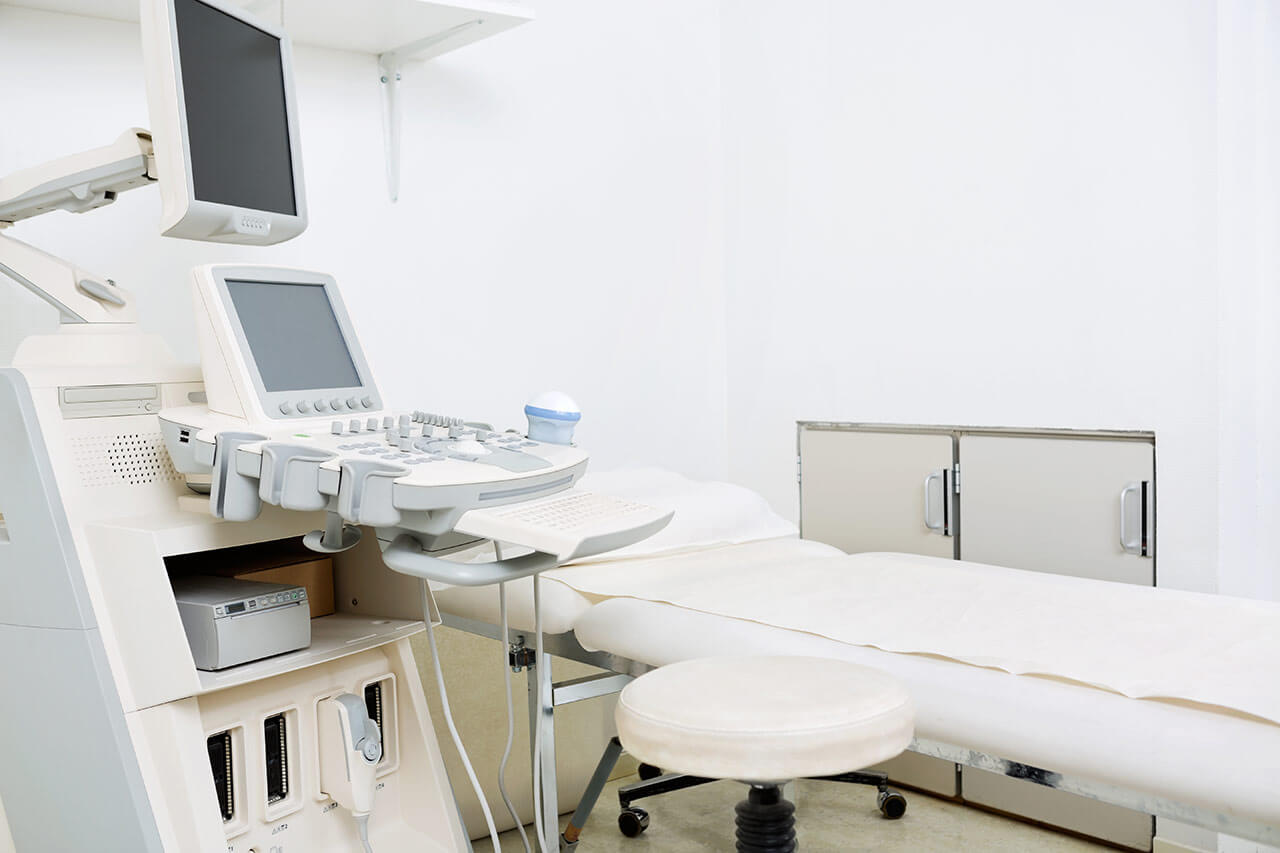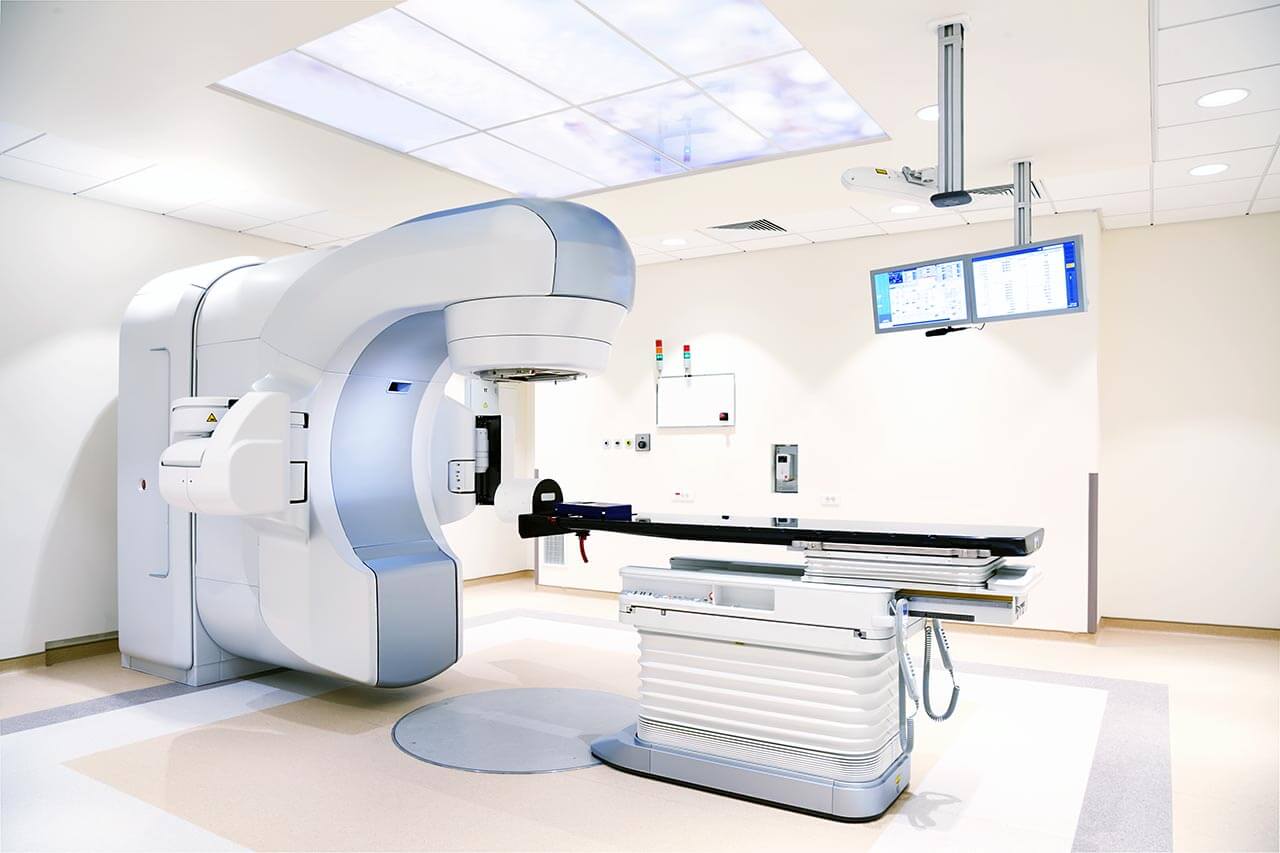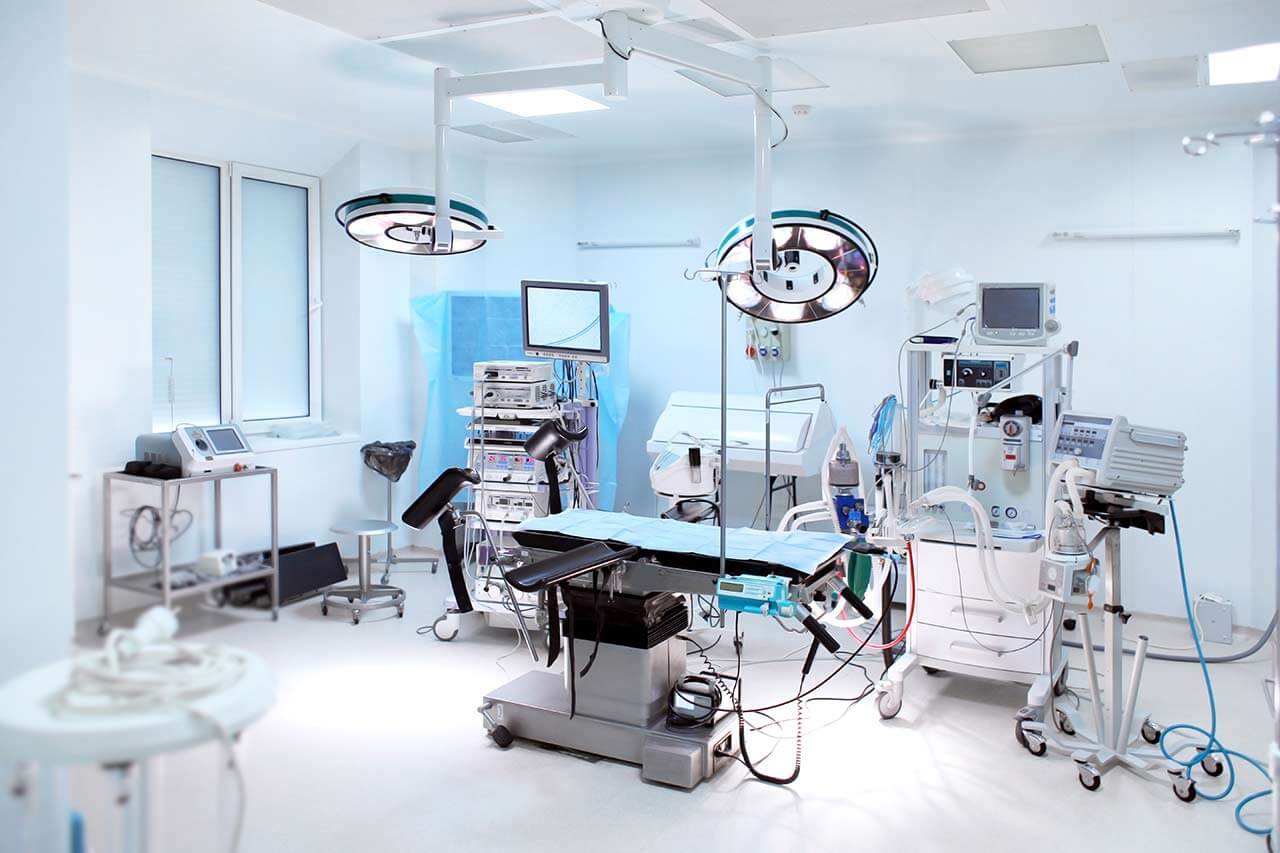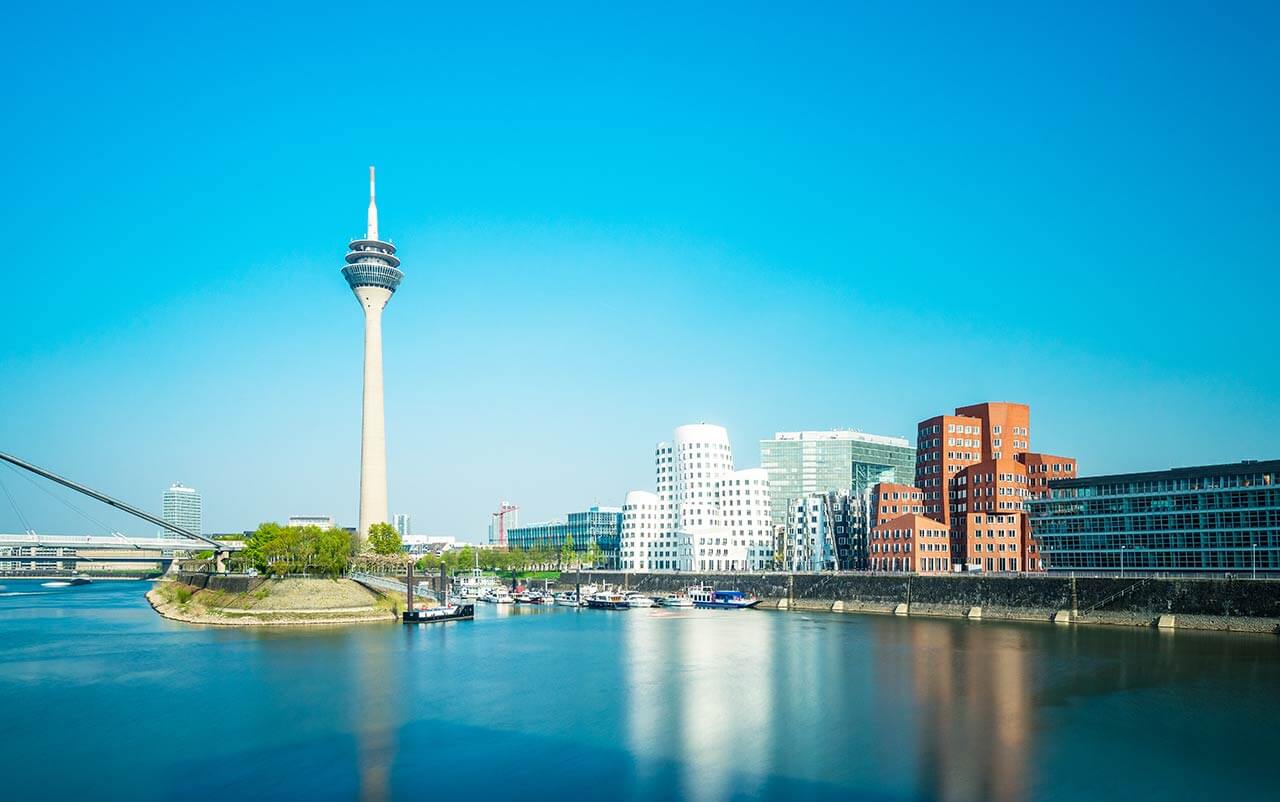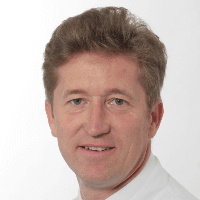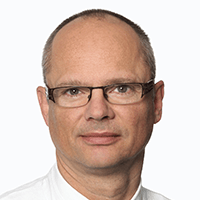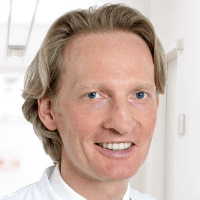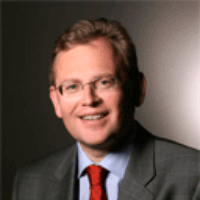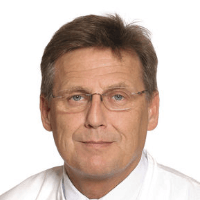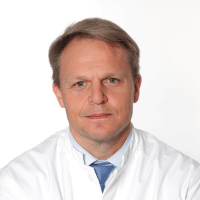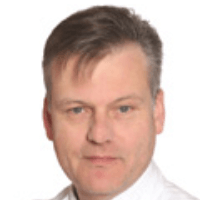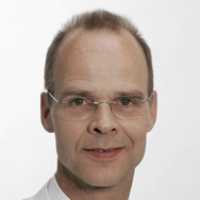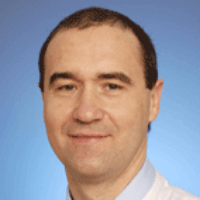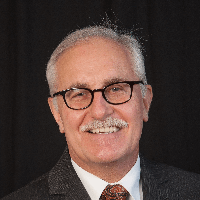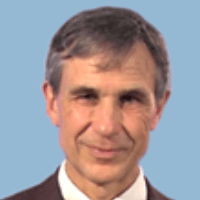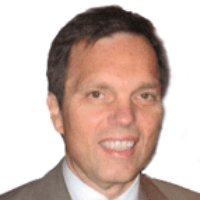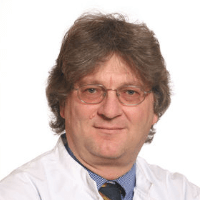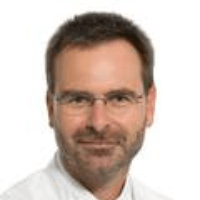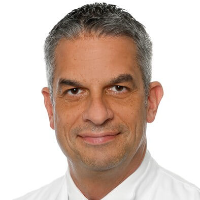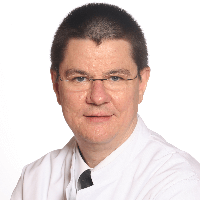University Hospital Duesseldorf Departments
According to the authoritative Focus magazine, the University Hospital Duesseldorf ranks among the top Germany hospitals!
The hospital is an excellent example of a combination of high-quality health care, research and teaching activities. With more than 50,000 inpatients and about 300,000 outpatients every year, the hospital is one of the largest and most prestigious medical institutions in Germany and Europe.
Modern, safe and sparing diagnostic and therapeutic methods guarantee effective treatment of various diseases and their consequences. All therapeutic processes are based on an interdisciplinary approach, which provides comprehensive medical care and optimal treatment result. Obviously, one of the key roles in the successful clinical practice of the medical institution is played by a highly qualified medical personnel, which consists of the best world-class doctors. The hospital also has a special advantage due to the structured equipment with the innovative medical technologies.
The hospital presents almost all fields of modern medicine. Special attention should be given to such focuses as oncology and hematology, stem cell transplantation, neurosurgery and neurology, urology, obstetrics and gynecology, hepatology, kidney transplantation, vascular surgery, cardiac surgery, pediatric surgery, pediatric oncology, etc.
In addition to the outstanding quality of medical services, the hospital guarantees each patient an attentive care, friendly atmosphere, as well as sensitive and respectful attitude.
Photo: (с) depositphotos
Departments
Department of Adult and Pediatric Gynecology, Obstetrics and Mammology

Department of Adult and Pediatric Oral, Maxillofacial Surgery and Facial Plastic Surgery
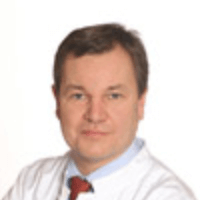
Department of General Pediatrics, Neonatology and Pediatric Cardiology
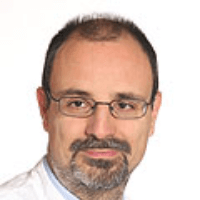
Department of Pediatric Oncology, Hematology and Clinical Immunology
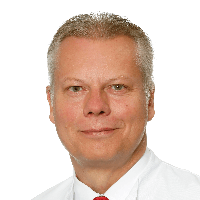
Department of Adult and Pediatric Radiation Therapy, Radiation Oncology

Department of Adult and Pediatric Diagnostic Radiology, Interventional Radiology and Neuroradiology
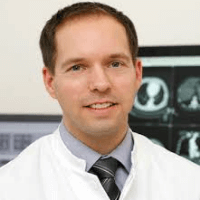
Accommodation
Patients rooms
The patients of the University Hospital Duesseldorf live in comfortable single, double and triple rooms. The patient rooms are made in bright colors and modern design. The room furnishing includes an automatically adjustable bed, a bedside table, a wardrobe, a telephone, a multimedia device (TV, radio, Internet access), a table and chairs for receiving visitors. To use the phone and multimedia device, the patient should have a special chip card, which can be purchased at the reception. In the pediatric departments multimedia device can be used for free.
Meals and Menus
The patients of the hospital are offered a varied, tasty and healthy diet. Every day there are three menus to choose from for adults and four menus to choose from for children, while it is possible to develop an individual menu. When pre-ordering, the international patients may have dishes of various cuisines of the world, for example, Asian and African cuisine. If a patient needs a diet in accordance with the clinical indications, he will be provided with a special diet menu, including drinks.
Every day, the nurses inform the kitchen workers about the patient wishes using an electronic data processing system. Immediately before serving food, there are printed special cards, which indicate for which patient this or that dish is intended.
Also, the hospital houses a cafeteria with a rich selection of delicious, healthy dishes, snacks and drinks.
Further details
Standard rooms include:
Religion
Christian priests are available for the patients at any time. Representatives of other religions may be requested at any time.
Accompanying person
Your companion may stay with you in your room or at a hotel of your choice during the fixed program.
Hotel
You may stay at the hotel during the outpatient program. Our employees will support you for selecting the best option.
The hospital offers a full range of laboratory tests (general, hormonal, tests for infections, antibodies, tumor markers, etc.), genetic tests, various modifications of ultrasound scans, CT scans, MRI and PET / CT, angiography, myelography, biopsy and other examinations. Treatment with medications, endoscopic and robotic operations, stereotaxic interventions is carried out here, modern types of radiation therapy are also used. The hospital offers patients all the necessary therapeutic techniques.
- Dermatosurgery
- Skull base surgery
- Gastric bypass and bandage
- Removal of lung metastases
- Interventions on the spine
These are skin cancer (including melanoma), head and neck tumors, pathological changes in the chest (including funnel chest), obesity, liver diseases, HIV and other infectious diseases, varicose veins, aortic aneurysm, carotid artery stenosis, joint diseases and other pathologies.
- Dermatology
- Oncology
- Otorhinolaryngology
- Endocrinology and diabetology
- Orthopedics and traumatology
Over 800 highly qualified physicians work at the hospital.
Location
Duesseldorf is the capital of North Rhine-Westphalia. Thanks to its numerous recreational zones, unusual architecture and dynamic city life, Duesseldorf is one of the most beautiful, lively and modern cities in Germany. It seems that this sunny city located on the banks of the Rhine has everything. The longest shopping streets, the most innovative sports and leisure activities, as well as the best parties and lively cultural life. Art and fashion are the main activities in Duesseldorf.
Among the sights of the city, special attention should be given to the Kyo Gallery, the house where Heinrich Heine was born, the Rheinturm TV Tower with a height of 234 meters. Here, at a height of 172 meters, there is a rotating restaurant and an observation deck. The Südpark is one of the best German park complexes.
Such galleries as the Landesmuseum Volk und Wirtschaft, Tonhalle, Art Collection and Art Museum hold many wonderful exhibitions. The best museum in the city is the Filmmuseum (Cinema Museum), where the awesome exhibition on cinema history take place. The tourists will also be interested in Benrath Palace, which is a park complex built as a hunting castle and the summer residence of Karl Theodore. The main palace will acquaint visitors with the life at court in the second half of the 18th century.
